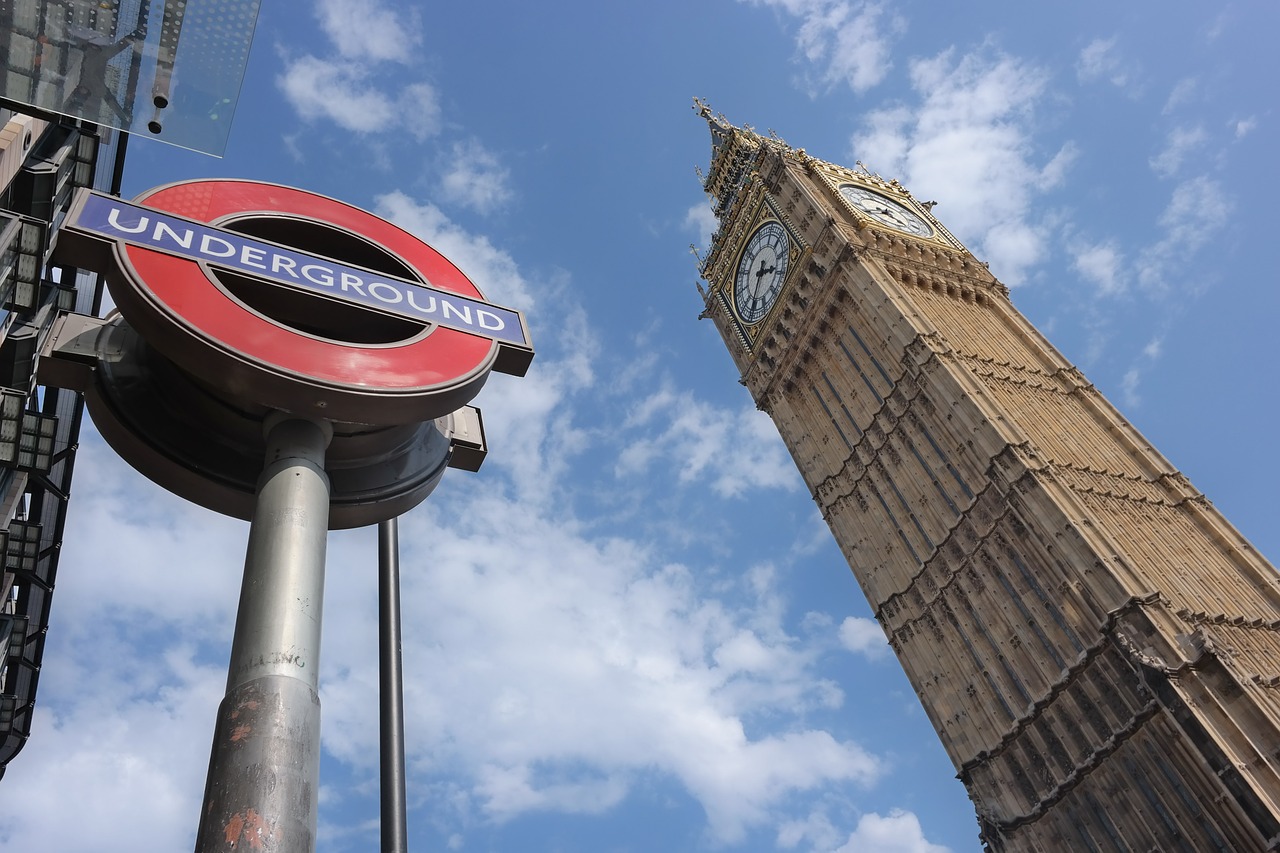The latest poll from YouGov on voting intention in the planned in-out referendum on EU membership shows an exact 41% to 41% tie. Even though voters seem evenly split in Britain at this stage it's too early to draw any conclusions from the polls. There is still no "Brexit" plan and it is not know when the referendum will actually take place.
"We believe that the Prime Minister David Cameron will reach a deal on his reform proposals at the European Council meeting in February", say Nordea Bank.
David Cameron has indicated that he wants to hold the referendum next summer (June) and he has promised that it will be held no later than the end of 2017.
The European Council's official note on the 17 December meeting said that the EU members had agreed "to work closely together to find mutually satisfactory solutions in all the four areas at the European Council meeting on 18-19 February 2016 ". Losing the UK, a relatively fast growing economy, poses a risk for the EU too by having a negative impact on the EU's own economic outlook. It may also harm the political balance within the EU. Thus, it's in the EU member's interest that the UK remains in the EU.
"We believe that the EU leaders will reach a compromise on the UK reform proposals until the February meeting. If we are right, a majority will most likely vote to remain in the EU. Our best guess is that the UK remains in the EU, despite that voters are evenly spread at this stage. If Cameron doesn't reach a deal at the February meeting it will most likely introduce significant uncertainty in the financial markets", added Nordea Bank.
In its last poll YouGov conducted an experiment to test the elasticity of opinion. The results indicate that Cameron needs to achieve major reforms if a majority should vote "remain". Immigration is the most important area for reform, with 52 per cent listing greater control of EU immigration in their top three renegotiating issues and 46 per cent doing so for withholding welfare benefits from EU migrants. It is possible that the results, at least to some extent, reflect a public anxiety over the refugee crisis.
Interesting to know is that the skepticism about the EU is not confined to the UK. According to YouGov all EU countries are far more negative than positive. If the UK leaves the EU it will probably put pressure on other countries.



 Gold Prices Fall Amid Rate Jitters; Copper Steady as China Stimulus Eyed
Gold Prices Fall Amid Rate Jitters; Copper Steady as China Stimulus Eyed  Best Gold Stocks to Buy Now: AABB, GOLD, GDX
Best Gold Stocks to Buy Now: AABB, GOLD, GDX  FxWirePro: Daily Commodity Tracker - 21st March, 2022
FxWirePro: Daily Commodity Tracker - 21st March, 2022 































